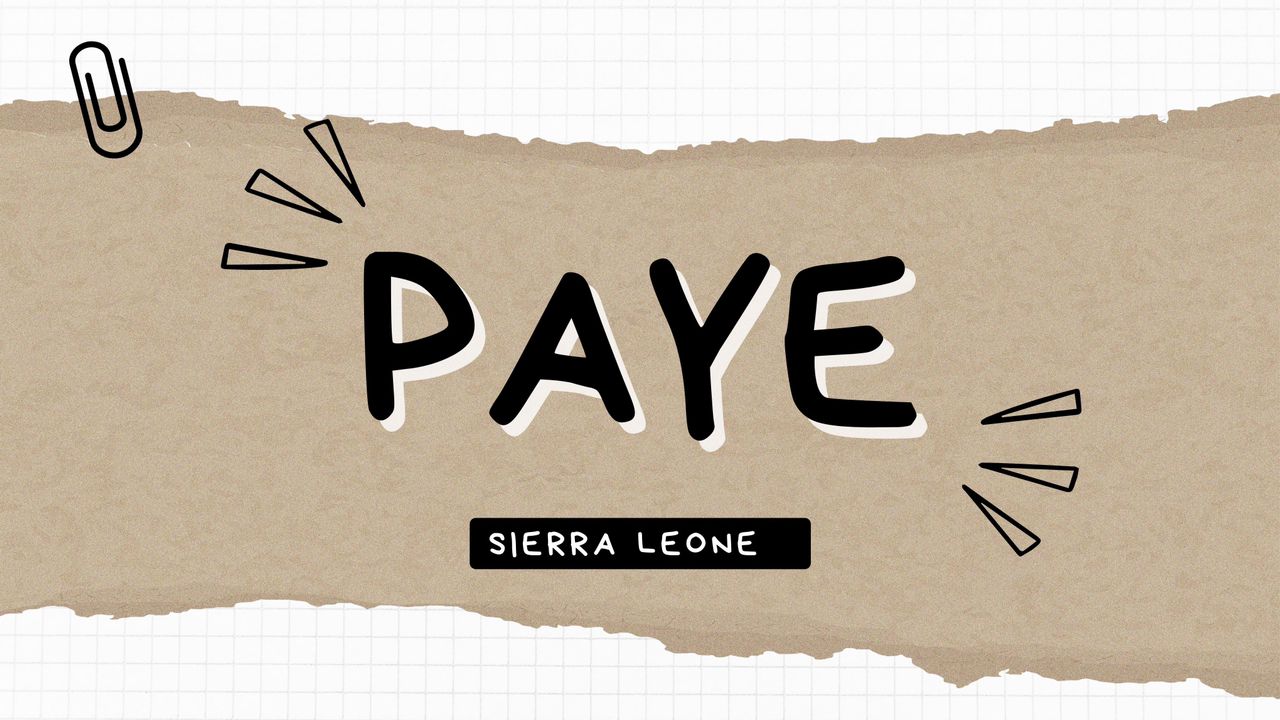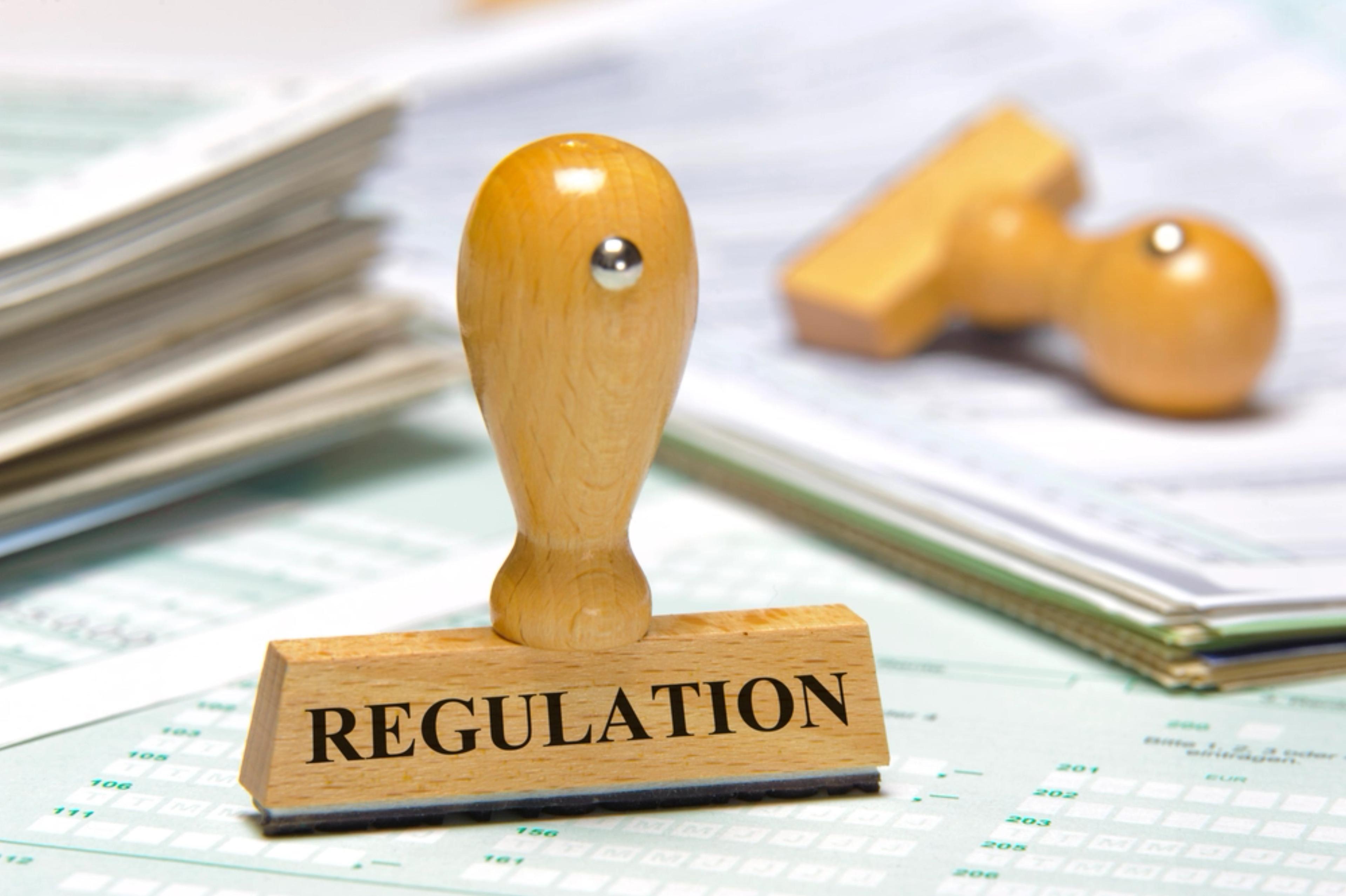Pay As You Earn (PAYE) Compliance Management in Sierra Leone

Foday Sandy
Accounting Associate
Pay As You Earn (PAYE) Compliance Management in Sierra Leone.
The PAYE Tax system in Sierra Leone requires employers to deduct and remit taxes on behalf of their employees to the National Revenue Authority (NRA). The system is regulated by the Income Tax Act of 2000 and applies to all employees who earn income in Sierra Leone.
The tax deduction referred to here is commonly known as the Personal Income Tax (PIT), which falls under the umbrella of income tax, levied on salaries, wages, and other types of income of individuals.
💹 The tax rate for PAYE in Sierra Leone is based on a progressive tax system. The following tax rates apply:
🔢 First 600 - 0%
🔢 Next 600 - 15%
🔢 Next 600 - 20%
🔢 Next 600 - 25%
🔢 Above 2,400 - 30%
💼 Before the introduction of the new minimum wage, employees earning a basic salary of SLL 600 were not required to pay PAYE tax.
It's important to note that the new minimum wage in Sierra Leone has increased from SLL 600 to SLL 800. However, only the first SLL 600 of an employee's salary is exempted from PAYE tax. The remaining SLL 200 is taxed at 15% as it falls into the next tax band of SLL 600. Additionally, allowances exceeding SLL 500 will be included in the employee's taxable income and subject to PAYE tax.
📋 Employers must file monthly PAYE returns with the NRA and remit taxes deducted from their employees' salaries by the 15th day of the following month. Non-compliance with PAYE regulations may result in penalties and fines imposed by the NRA (e.g., PAYE tax deducted from May salary should be remitted on or before the 15th of June)
It's vital to stay informed of any changes that may affect PAYE tax compliance, as the provisions of the Income Tax Act of 2000 are subject to periodic revisions.
You may also like...




